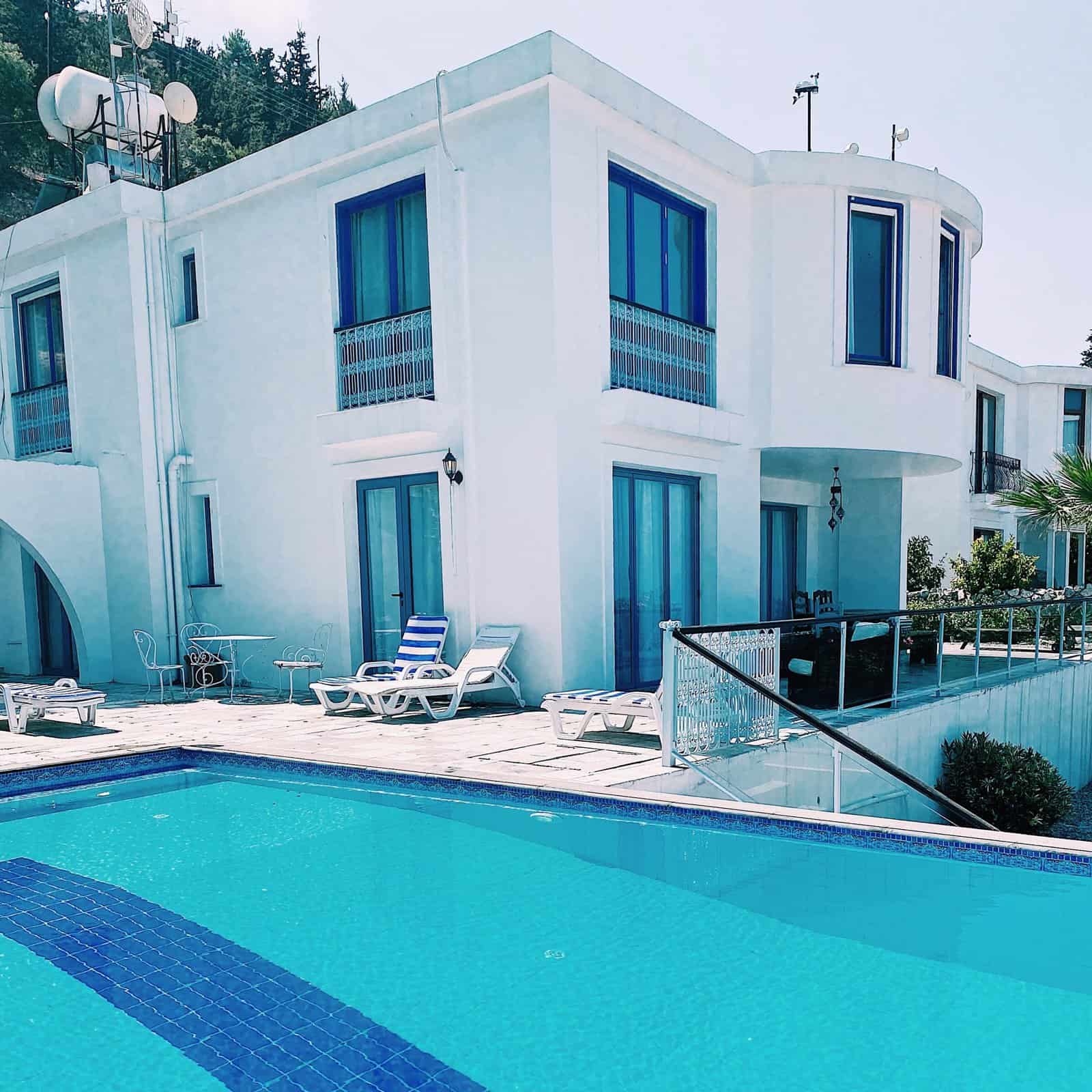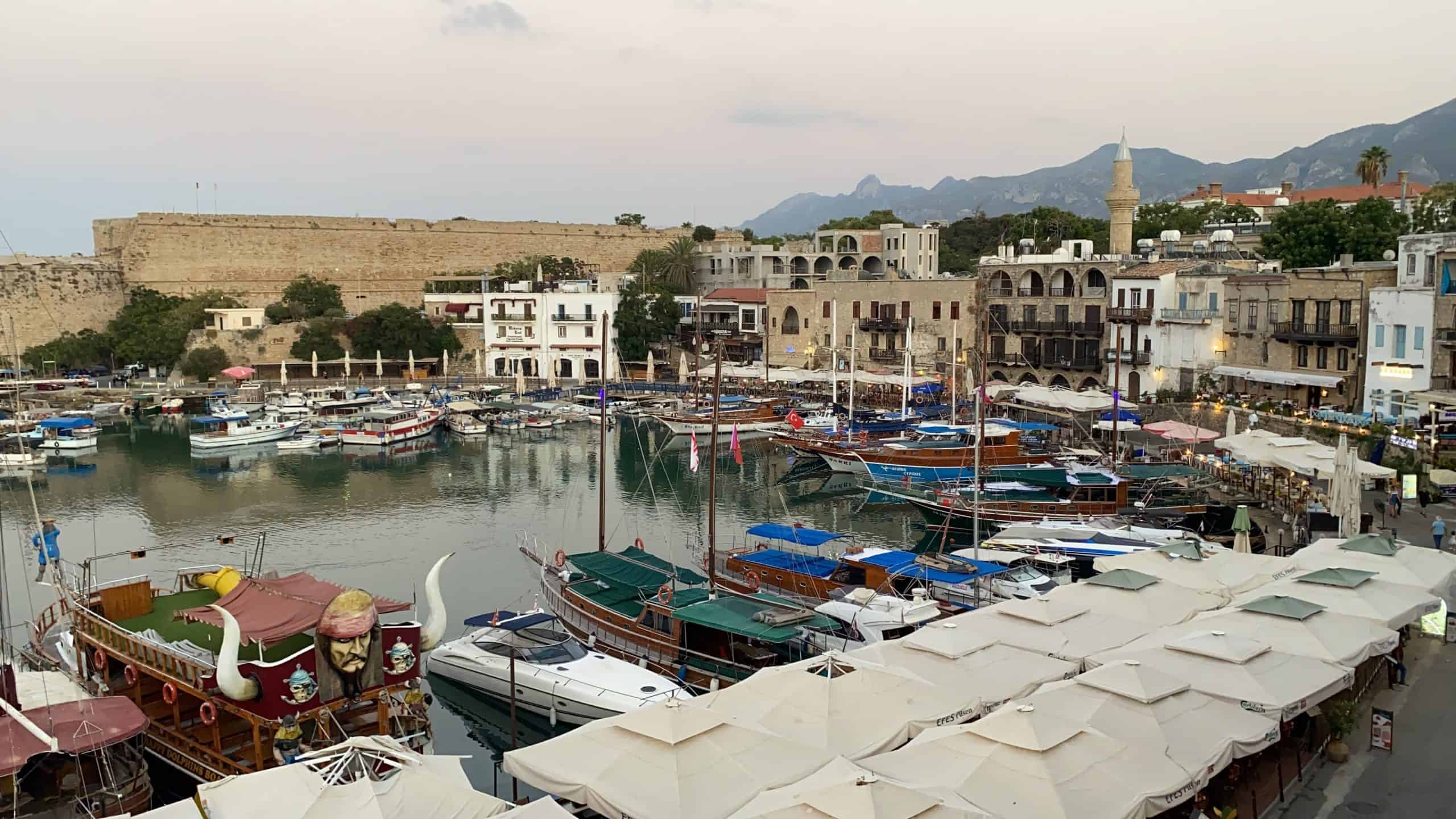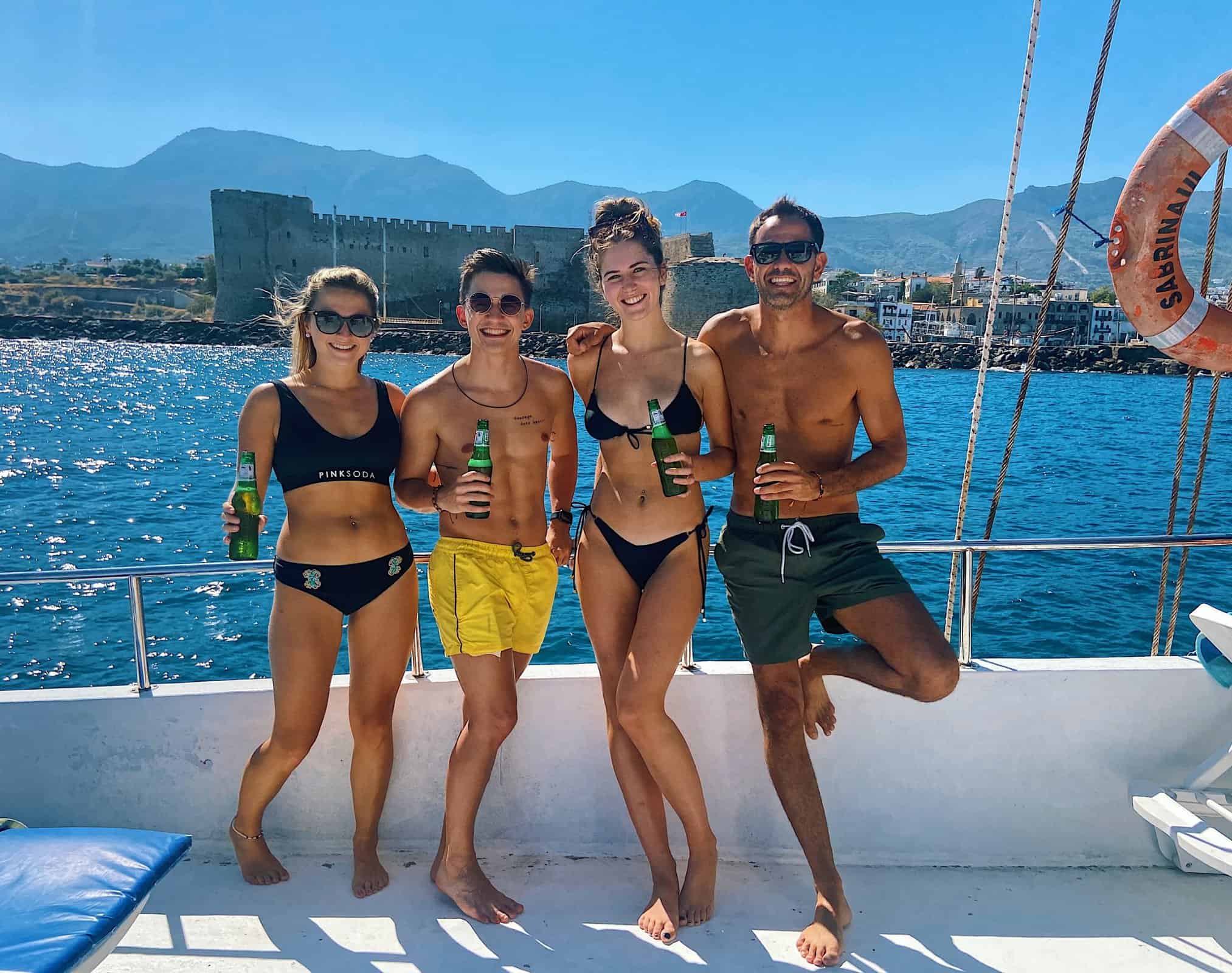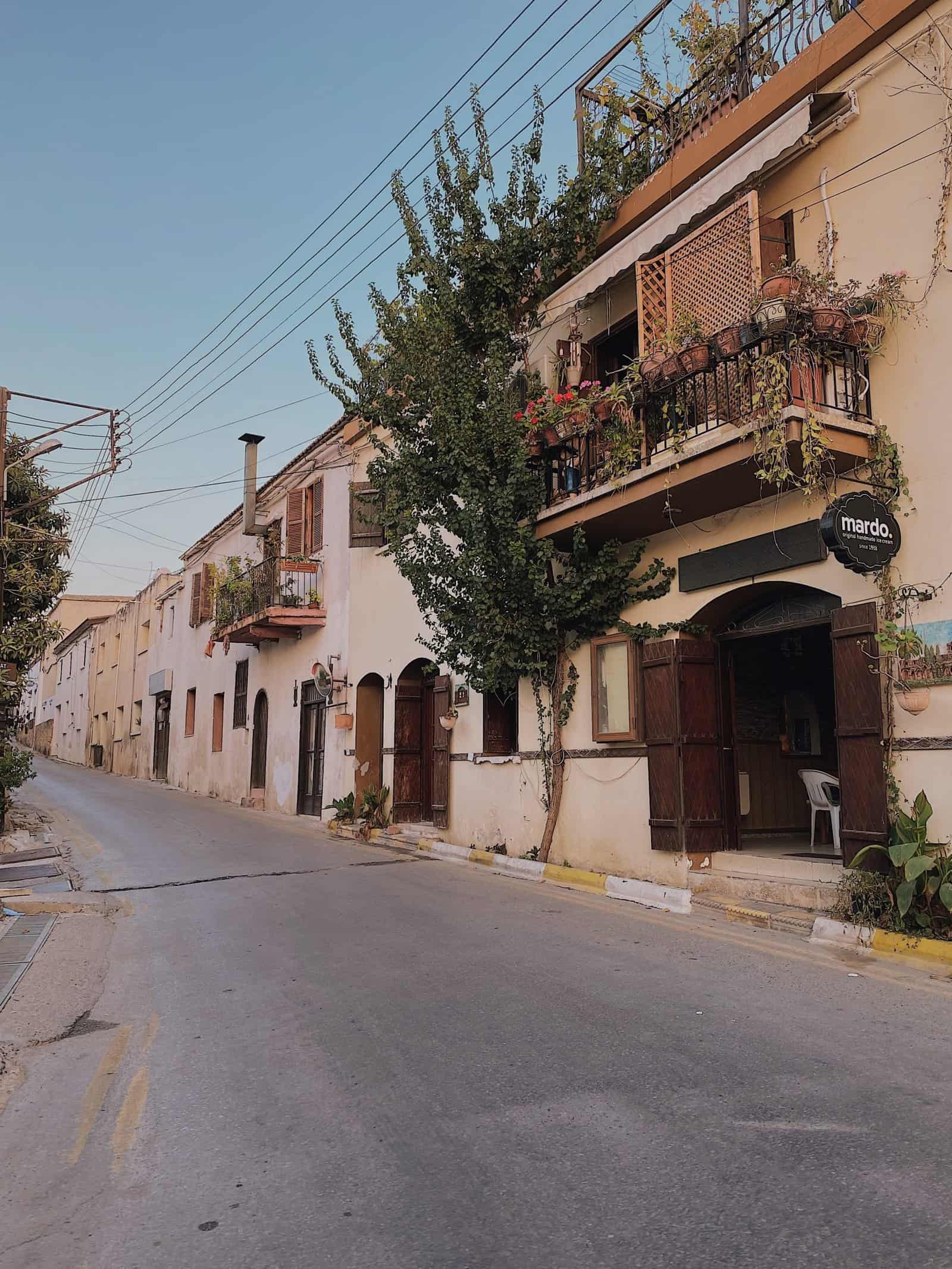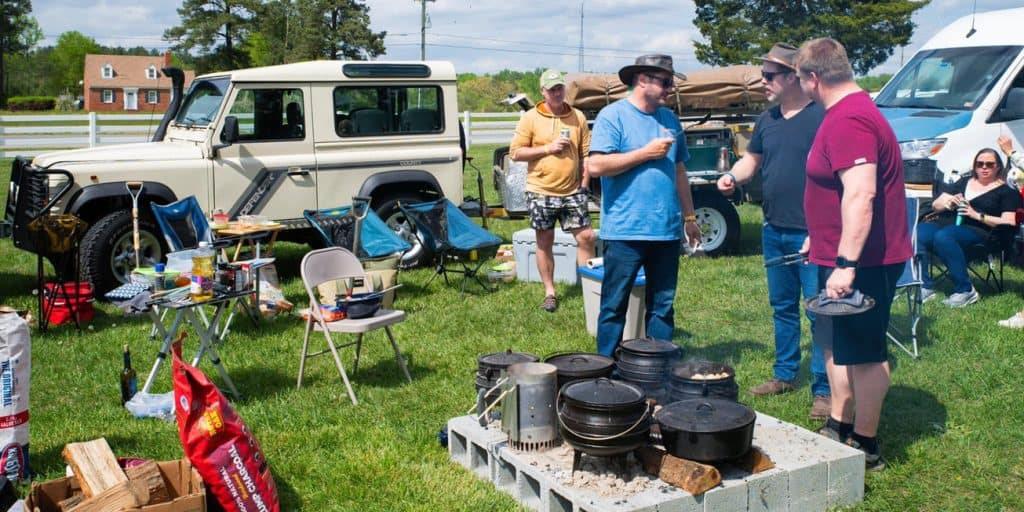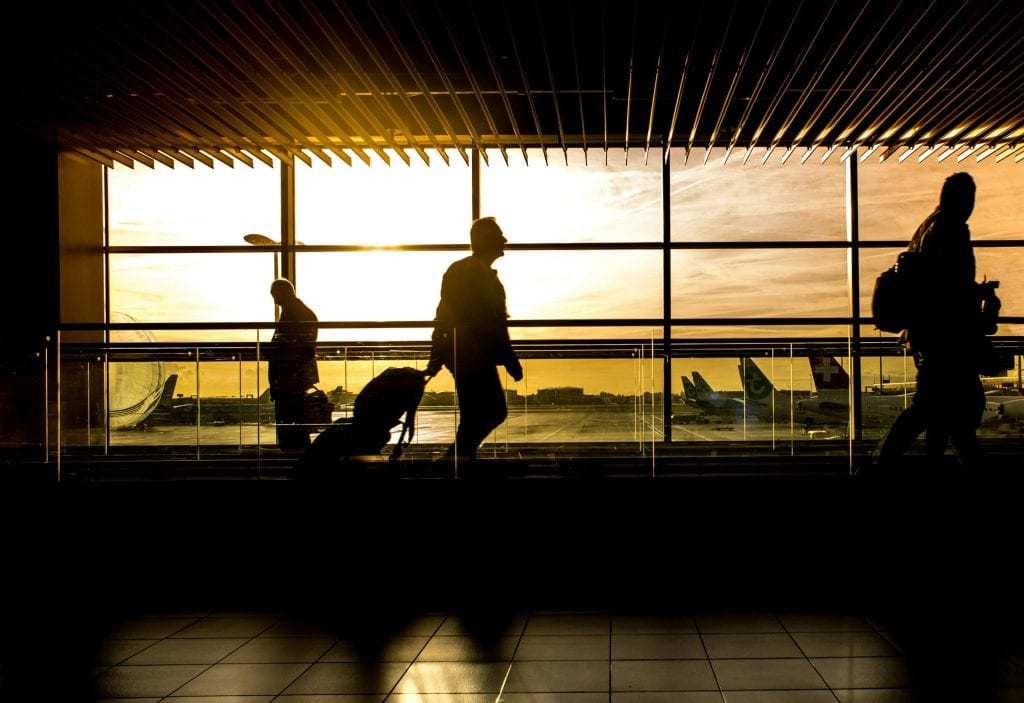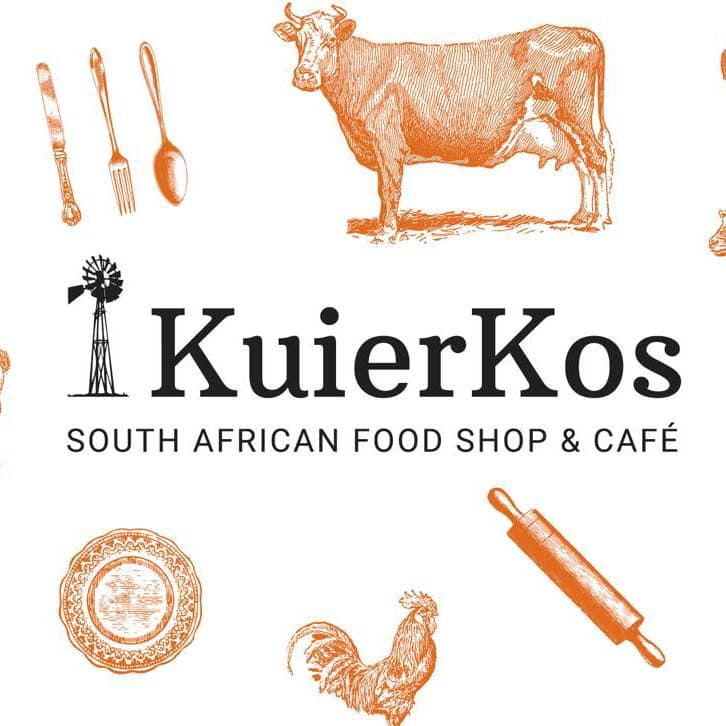Out and About is a column in which we chat with people who are currently living abroad, or who used to live and work abroad. This week we chat with DM de Kock of Komatipoort who is currently teaching in Northern Cyprus. He tells us about this paradise with the blue water and white beaches he now calls home.
Where in the world do you live and how long have you lived there?
I stay on the Turkish side of Cyprus (North Cyprus). I moved here in September and have a two-year contract at the school where I work.
You currently teach at The English School of Kyrenia, how does die school system in Northern Cyprus differ from the South African school system?
It is completely different. The European system is not as assessment driven and there is more differentiation between every student’s individual strengths and focus areas. It offers a less admin-intensive work environment where paperwork is concerned, but there is more active involvement in every child’s personal development. I prefer this system, because assessment isn’t done just for the sake of assessment, rather, every activity has a purpose. That being said, in my experience the children in the South African school system are far more advanced, probably because they are already used to an assessment driven system. When you inform the children here about a test, seven of them will faint, three will phone their parents, and the rest will start crying.
What interesting traditions are there in Northern Cyprus?
The food is definitely a tradition on its own. Everything centres around food, and it makes me feel at home. People will invite you over for coffee – it is code for a 7-course meal – and the variety of foods, coupled with Turkish tea and coffee, home-made desserts, and traditional liquor (raki), reminds me of a family braai back in South Africa. During these meals it is quite common for someone to “read” your Turkish tea leaves – usually women who want to tell you what to expect in your future. They also burn an olive branch and blow the smoke over you for good fortune. A very prominent symbol is the Turkish Evil Eye, that is visible in restaurants and houses. The purpose of this image is to protect you from others that wish you harm (especially jealousy).
What do you do to relax in Northern Cyprus?
It is an absolute paradise, with the bluest water imaginable and warm, white beaches, so the beach is the place I spend most of my summer. I also like to scuba dive, especially here where there are fewer sharks. The mountains are also perfect for mountain climbing and hiking.
After a long week it is wonderful to go to the spa to get a hamam. A hamam is a traditional Turkish bath where someone literally baths you (I promise it is not as strange as it sounds). The island has a very colourful history, with architecture from the early Lusignan and Ottoman period in the 1100s. Ther are many castles and other attractions to visit. I want to encourage people to read about the history of Cyprus – few people know about the history of the island.
Are there any interesting local dishes you have learned to make?
Makarna Bulli is a very simple and traditional pasta dish that is made by boiling pasta in the same water you used to cook chicken, so it is very easy. Another dish I enjoy (but honestly do not know how to prepare) is Lahmascun, which is basically a pancake filled with delicious meat and vegetables.
Is it expensive to live there?
It is very similar to South Africa, with the Turkish Lira and the Rand being quite comparable in value. Most people who live here and lead a comfortable lifestyle get paid in British Pounds.
What was the biggest adjustment?
The language barrier. Although people are very friendly and helpful, I find it difficult to be with people and not being able to understand what they are saying. Another big adjustment was also to understand the conflict between the northern and southern parts of Cyprus. The political climate in which South Africans grow up are very focused (especially now) on equality and affirmative action for everyone. Here, on the other hand, there is a lot of unresolved conflict from the 1970s causing Greeks and Turks not getting along. Personally, I was not even aware of the conflict that took place here, and it is worrying that most people are not aware of this. Most people do not even know that Cyprus belongs to two different groups of people.
If you could go back in time, what else would you pack in your bag before leaving South Africa?
A LOT of rooibos tea and rusks!
ALSO READ: Out and About: An email from Singapore
Share on
Latest articles



